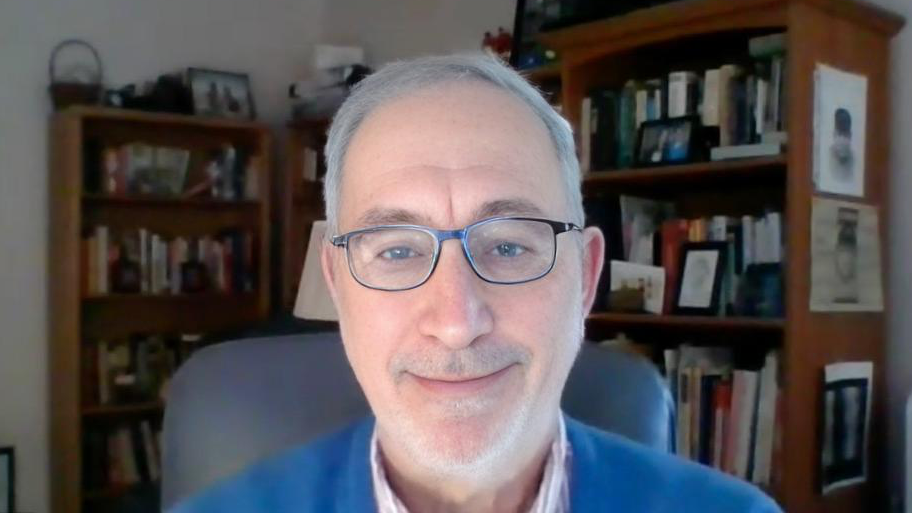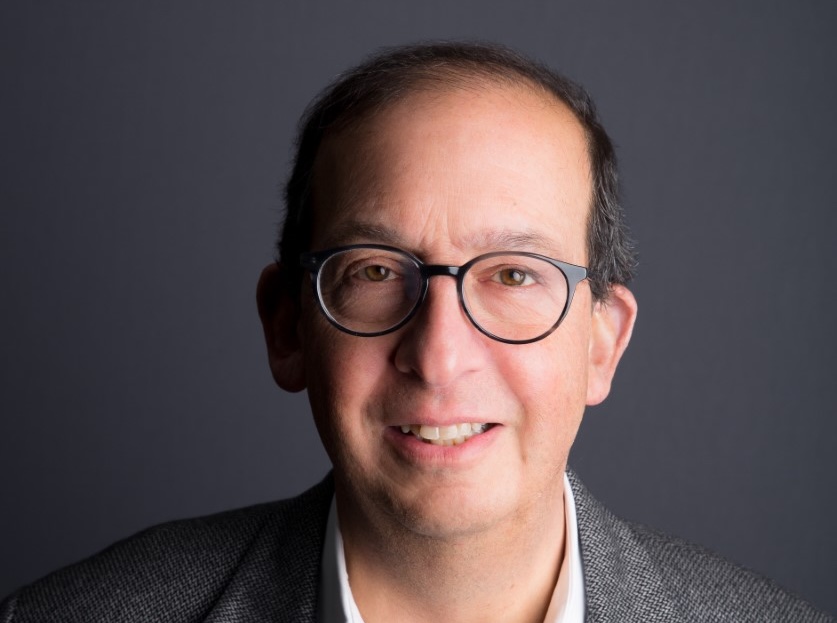The lawyer representing the LA Alliance for Human Rights talks about its lawsuit against Los Angeles for its handling, or mishandling, of the difficult and growing problem of homelessness there—and philanthropy’s role in creating and perpetuating it.
Elizabeth Mitchell is an attorney with the law firm of Spertus, Landes & Umhofer in Los Angeles. She represents the LA Alliance for Human Rights coalition in its lawsuit against the city and county of Los Angeles for the ways in which they have handled, or mishandled, the difficult and growing problem of homelessness there—a problem to which we at The Giving Review have tried to pay some attention, including a three-part series by co-editor Bill Schambra, for that which it can teach us about the role and effects of certain kinds of philanthropy.
In the suit, a federal district-court judge last April granted a preliminary injunction and ordered the city and county to offer some form of shelter or housing to the entire homeless population of its “skid row.” The defendants’ appeal of that injunction, at this writing, pending before the U.S. Court of Appeals for the Ninth Circuit.
Before private practice, Mitchell served in the Los Angeles city attorney’s office. She worked in the office’s Police Litigation Unit, prior to which she prosecuted violent and sexual crimes.
Mitchell was kind enough to speak with me earlier this week. In the just less than 20-minute video below, we talk about her time in the city attorney’s office, homelessness in L.A., the LA Alliance for Human Rights lawsuit about it, and the role of philanthropies and nonprofits in helping to create and perpetuate that problem there.
Mitchell and Hartmann
She tells me how she became familiar with homelessness on L.A.’s skid row from working in the city attorney’s office. The district-court judge’s injunction in the LA Alliance for Human Rights case was not judicial activism, she says, but borne of frustration with the government’s refusal or inability to do anything about the problem.
As for the role of grantmakers and the groups they support, we need to “understand the negative impact of philanthropy,” according to Mitchell. “You have seemingly innocuous organizations … who when you really dig in, are funding these very far-left progressive agendas that are turning around and creating havoc ….”


